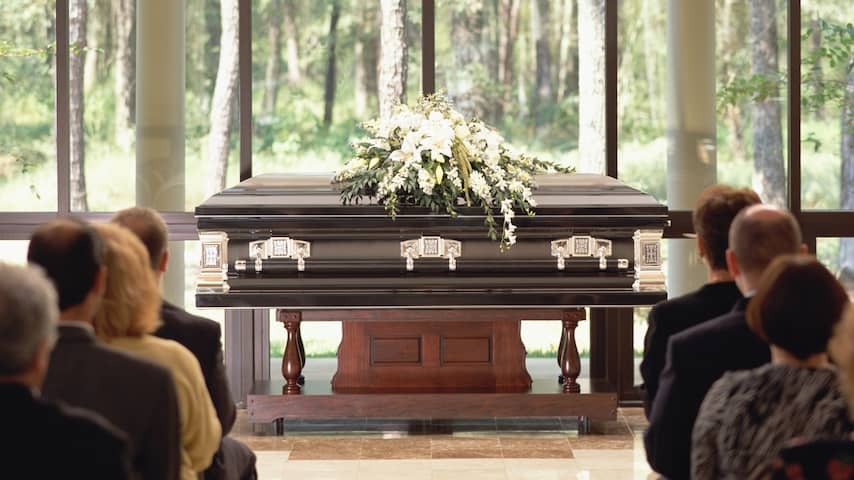
The Health Council Ruled on Thursday that dissolving your body in a liquid after death meets the criteria for Admissibility. This Brings This Alternative to Burial or Cremation One Step Closer. The House of Representatives Will Consider This Soon.
The ministry of the interior is working on an amendment to the funeral act. The Ministry Wants To See Whether Alternatives to Cremation and Burial Can Be Included in This, That is Why The Department Asked The Health Council for Advice on Two Alternatives: Dissoling in Liquid and Human Composting.
The Former is also known as alkaline hydrolysis or resomation. In this process, a body is dissolved in a Large Steel Pressure Vessel with Hot Water and Potassium Hydroxide, Explains Funeral Company Monuta. This process takes three to four hours. After that, A Watery Liquid and Clean White Powder Remain. The Powder is a comparable to the ash after cremation.
The Health Council Has Examined Whether Resomation is a Safe, Dignified, and Sustainable Method. “IT meets All Those Requirements,” Reports A Spokesperson for the Scientific Advisory Council. This makes its admission a lot closer.
That does not apply to the second option. “In Human Composting, The Body of a Deceased Person, Broken is Down by Microbiological Activity,” Says the Spokesperson. “It is similar to composting, as people sometimes do in the garden.” She Imediately Adds That A Body Naturally Does Not Compost In A Garden Door Human Composting, “But in a Specially Enclosed Cabin.”
Risk of Spreading Germs with Human Composting
In The Cabin, A Situation is created in which the Body Composts “Within A Day or Forty.” Compost Remains. “What do you do with that?” The Spokesperson Wonders Aloud. Burial would theoretically be Possible. But at the moment, this residual material would fall under waste legislation. “This is UndeSirable from the Point of View of Dignity.” But that is not the health Council’s biggest objection.
“Composting Takes Place in An Oxygen-Rich Environment, which can cause potentialy present germs to multiply and spread through the air.” In Addition, Harmful Substances May Have Remained in the Body. “What you can imagine, for example, if people have had treatment for cancer or have had tuberculosis without knowing it,” Explains the Health Council Spokesperson. “Then those spores may make other people sick again.”
“We are not necessarily saying that it is unsafe,” The Spokesperson Emphasizes. But there is insufficient scientific data to be sure that it is safe. Therefore, The Health Council Recommends Providing Space in the Law to Experiment. In this way, research can be done “which may make it possible in the future.”
It is now up to the ministry to decide whether to amend the bill based on the advice. That Bill Then Goes to the House of Representatives. They Decide, Emphasizes A Spokesperson for the Ministry. “I think it can go quickly.”